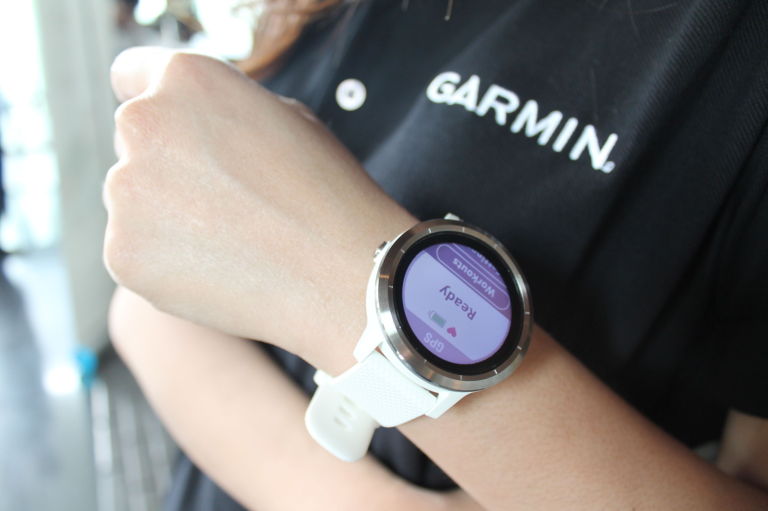New Capability Across Devices
Garmin has expanded its recently announced “lifestyle logging” feature, originally unveiled with the Venu 4 watch, to all users of the Garmin Connect app. The update represents a significant step toward matching rivals such as Whoop, Apple Watch apps like Bevel, and the Oura Ring, which already provide ways to link daily habits with health outcomes.
What Lifestyle Logging Tracks
The feature allows users to log behaviors and environmental factors that may influence health metrics. Examples include alcohol or caffeine intake, late meals, illness, and even self-care practices such as journaling or cold showers. Once recorded, Garmin’s app correlates these inputs with outcomes including sleep score, heart rate variability (HRV), and overnight stress levels. While the data show correlations rather than causation, the reports can help users identify patterns in their daily habits.
How to Access the Feature
To activate lifestyle logging, users need the latest version of the Garmin Connect app. The path is through the three-dot menu: Training and Planning → Health Stats → Lifestyle Logging. After selecting items to track, users can opt for morning or evening reminders. Results require at least five “yes” and five “no” entries for each behavior, ensuring enough data for meaningful analysis. A widget on compatible watches like the Venu 4 also allows direct logging from the device.
Supported Devices and Data Use
Although logging itself does not require a device, meaningful analysis depends on wearables capable of measuring HRV. Popular Garmin models, including Venu, Vivoactive, Forerunner, and the new Index sleep monitor, support this. Users can view results within the Training and Planning menu or add a summary card to their Garmin Connect home screen for quick access.
Why It Matters
The update strengthens Garmin’s position in the competitive health tracking market by offering a feature that blends subjective habit logging with biometric data. It empowers users to make more informed decisions about lifestyle factors affecting their recovery, stress, and sleep, while acknowledging the limitations of correlation-based insights.


